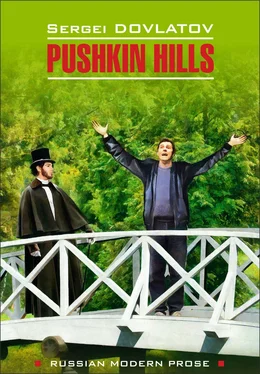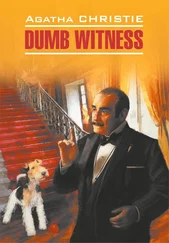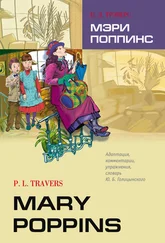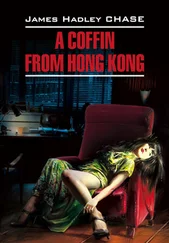Goethe. Weimar – Иоганн Вольфганг фон Гёте (17491832), немецкий писатель, философ и государственный деятель. Веймар, город в Германии, где с 1775 по 1832 год жил Гёте
Werther… Prisoner of the Caucasus… Faust… Little Tragedies… Byron – «Страдания юного Вертера» (1774), сентиментальный роман Гёте. «Кавказский пленник» (1821), поэма Пушкина (1799–1837). «Фауст» (1774–1831), трагедия Гёте. «Маленькие трагедии» (1830), цикл коротких пьес Пушкина. Джордж Гордон Байрон (1788–1824), английский поэт-романтик
Don Quixote’s horse – Дон Кихот, герой романа испанского писателя Мигеля де Сервантеса (1547–1616), но имя коня Дон Кихота не Ренессанс, а Росинант.
Agdam: An Azeri fortified white wine.
out of this world – фантастический, дословно «неземной», т. е. превосходный, великолепный» и т. д.
James Bond – агент секретной службы, главный персонаж романов британского писателя Яна Флеминга (1908-64)
D’ya = Do you
he’da = he would have
to relieve oneself – помочиться
the Order of the Red Star: a decoration given for exceptional military bravery, or for long service in the armed forces.
outta = out of
General Mao – Мао Аньин (1922–1950), сын председателя Коммунистической партии Китая Мао Цзэдуна. Принимал участие в Великой отечественной войне на стороне России.
Gagarin: Yuri Gagarin (1934-68), Soviet cosmonaut and the first human to travel into outer space.
to be at a loss – растеряться
burial plot – участок захоронения
The Decembrist uprising: The failed attempt to overthrow the Tsar in 1825, directly supported by many of Pushkin’s close friends.
intaglio – инталия, ювелирное изделие, выполненное в технике углублённого рельефа
Benois: Alexandre Benois (1870–1960) was a Russian artist who worked extensively with the Ballets Russes and Sergei Diaghilev.
Yesenin. Pasternak: Sergei Yesenin (1895–1925), a Russian lyrical poet who committed suicide at the age of thirty. His works were widely celebrated, but many were banned by the authorities. The poet and novelist Boris Pasternak (18901960) suffered enormously at the hands of the authorities, especially after being awarded the Nobel Prize for Literature in 1958 for the novel Doctor Zhivago, which was banned in the Soviet Union.
Solzhenitsyn’s: Alexander Solzhenitsyn (1914–2008), dissident writer and activist.
by the by – однако, кстати
in the middle of nowhere – у чёрта на куличках
to take a dip – искупаться
the famous drawing by Bruni: In 1837, Fyodor Bruni (1799–1875) sketched Pushkin on his deathbed.
the secret removal and funeral… Alexander Turgenev: Alexander Turgenev (1784–1846), a close friend of Pushkin’s, transported the poet s body to the family vault in Svyatogorsky Monastery, near Mikhailovskoye.
Kramskoy’s Portrait of a Woman on the wall: Ivan Kramskoy (1837-87), Russian painter and critic.
to run errands – (зд.) заниматься делами
to hold in contempt – презирать
Did you have a pick-me-up? – Опохмелился?
gimme = give me
Intercession: The Intercession of the Theotokos, a holy day in the Russian Orthodox Church, celebrated on 1st October. Покров день
Cheka – ВЧК, Всероссийская чрезвычайная комиссия по борьбе с контрреволюцией и саботажем, специальный орган безопасности Советского государства, действовавший с 1917 по 1922 год
1917. Makhno: Nestor (or Bat’ko, a diminutive of the word “father”) Makhno (1888–1934) was a Ukrainian anarchist who fought against both the Whites and Reds in the Russian Civil War. Although Makhno escaped the Cheka (the Soviet secret police) after the Bolsheviks consolidated their power, many of his followers were shot.












